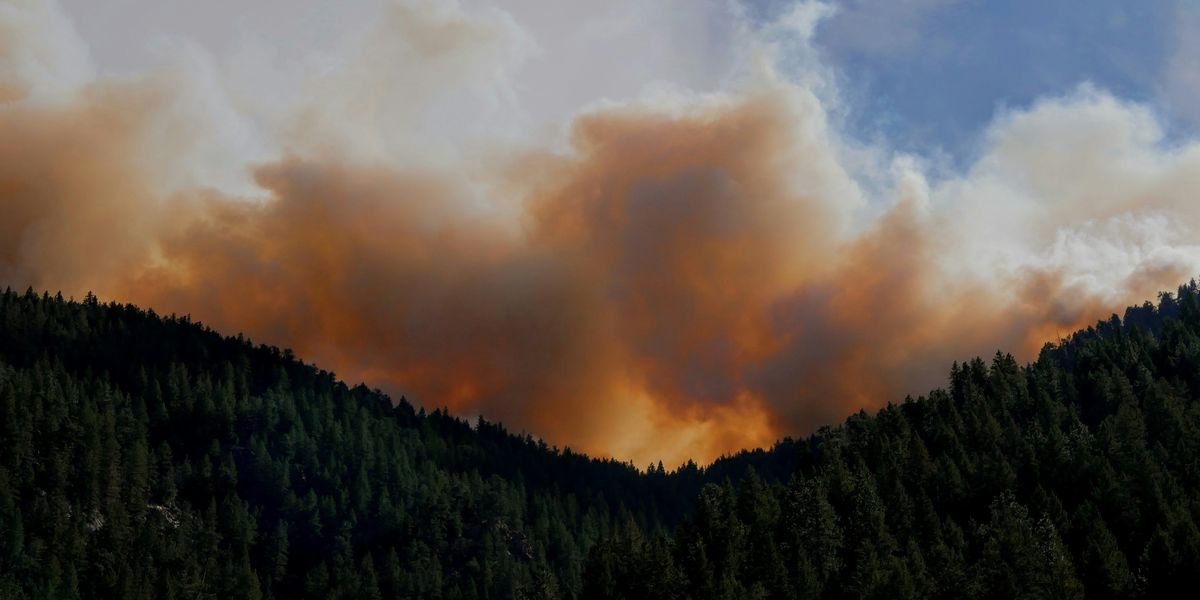wells
California Resources Corporation faces scrutiny over oil well cleanup compliance
California's new law requires oil companies to secure funds to plug wells before acquiring them, but California Resources Corporation's merger with Aera Energy raises concerns about compliance.
In short:
- California Resources Corporation plans to acquire Aera Energy but hasn't confirmed compliance with a law mandating funds to plug oil wells.
- The merger could leave taxpayers responsible for billions in cleanup costs if the law isn't enforced.
- California Resources Corporation previously filed for bankruptcy, raising concerns about its financial stability.
Key quote:
“It’s quite frustrating to those of us who have worked very hard to try and help California dig out of the colossal mess that it is in.”
— Ann Alexander, director of Energy Solutions, Nature, NRDC
Why this matters:
Unplugged wells can release toxic chemicals and greenhouse gases, contributing to air and water pollution and climate change. By ensuring that companies have the financial resources to plug these wells, California is attempting to safeguard its environment and public health. However, the sheer scale of the CRC-Aera merger complicates matters. Both companies have extensive portfolios of aging wells, and the financial burden of plugging them could be substantial.
Alabama residents endure lack of public water access for over a decade
In rural Marion County, Alabama, hundreds of households, including the McClungs, have been waiting for public water access for over a decade, relying on private wells to meet their daily needs.
In short:
- Around 40% of households in Marion County lack public drinking water, depending instead on private wells.
- The McClung family and their neighbors have been promised public water access for years, but it remains unfulfilled.
- Socioeconomic and racial disparities exacerbate water access issues across Alabama.
Key quote:
“Less than a year after one of the worst droughts in the history of our state, the Governor’s decision to put the brakes on an already overdue and lengthy process sets all of Alabama back in the progress that’s been made to date.”
— Sarah Stokes, an attorney for the Southern Environmental Law Center
Why this matters:
Lack of access to public water in rural Alabama highlights significant infrastructural gaps and socioeconomic disparities. Well water quality can be unpredictable, often subject to contamination from agricultural runoff, industrial activities, and natural mineral deposits. This poses significant health risks, particularly for vulnerable populations such as children and the elderly. As climate change increases drought risks, reliable water access becomes even more critical.
Texas rancher battles orphaned oil wells
Texas rancher Schuyler Wight is taking a stand against the pollution caused by orphaned oil and gas wells that is endangering both his ranch and the state's environment.
In short:
- More than 8,400 orphan wells dot Texas, causing environmental and health hazards as they leak harmful substances.
- Despite state efforts to plug these wells, the backlog and emerging issues mean many remain a threat, including on Wight's ranch.
- Ranchers like Wight, facing immediate impacts, argue for more aggressive state action to tackle the problem effectively.
Key quote:
“I know you think it’s just a wasteland, but we live out there. We have to work out there. We have to drink that water. Our cattle have to drink that water.”
— Schuyler Wight, rancher
Why this matters:
The unchecked spread of orphan wells, abandoned by defunct or untraceable operators, have been left to the whims of time and erosion, often without proper closure, leading to a variety of environmental risks. For example, the contaminants can seep into groundwater, posing severe risks to drinking water supplies and agricultural water sources. This contamination has been linked to an array of health issues ranging from respiratory problems to neurological disorders, depending on the nature and concentration of the pollutants.
Louisiana panel blocks new water wells over salt concerns
State regulators rejected three new wells amid concerns that more pumping could cause underground saltwater to contaminate Baton Rouge-area drinking water — despite arguments that the extra capacity is needed.
A tangle of rules to protect America’s water is falling short
Fracking for oil and gas is devouring American groundwater
Hiroko Tabuchi and Blacki Migliozzi share a New York Times analysis showing that increasingly complex oil and gas wells now require astonishing volumes of water to fracture the bedrock and release fossil fuels, threatening America’s fragile aquifers.
In a nutshell:
In Texas, the oil and gas industry's thirst for water, driven by fracking operations, has reached alarming levels. Over the past decade, oil and gas operators, including BP, EOG, and Chevron, have reported using approximately 1.5 trillion gallons of water, much of it from already strained aquifers. "Monster fracks," which demand immense quantities of water, have become commonplace, accounting for nearly two-thirds of fracking wells in Texas, Tabuchi and Migliozzi report. This surge in water usage exacerbates concerns about dwindling groundwater supplies: The story notes that groundwater depletion is expected to reach one-third by 2070, and droughts are becoming more frequent due to climate change.
Key quote:
“They’re the newcomers, a new sector that burst onto the scene and is heavily reliant on the aquifers,” said Peter Knappett, an associate professor in hydrogeology at Texas A&M University, referring to fracking companies. “And they could be pumping for several decades from aquifers that are already over-exploited and already experiencing long-term declines.”
The big picture:
The extensive utilization of groundwater by the fracking industry raises several pressing concerns. From a health perspective, potential contamination of drinking water sources by fracking chemicals poses risks to nearby communities. This can lead to long-term health problems and demands rigorous monitoring. On the environmental front, the excessive water usage contributes to aquifer depletion, exacerbating water scarcity in regions already grappling with droughts. The unequal distribution of the environmental burden also raises justice concerns, as marginalized communities often bear the brunt of these impacts, highlighting the need for equitable resource management and regulatory measures.
Read the article at The New York Times.
Be sure to read Kristina Marusic's piece about how the “Halliburton Loophole” lets fracking companies pollute water with no oversight. Marusic reports regularly on the fracking industry for EHN.
Aubrey Bertram: Bureau of Land Management rule will protect public lands from contamination, neglect
The amount of public lands available for oil and gas leasing is just one glaring indication among many that the Department of the Interior has, for far too long, favored private interests over the American public.



















